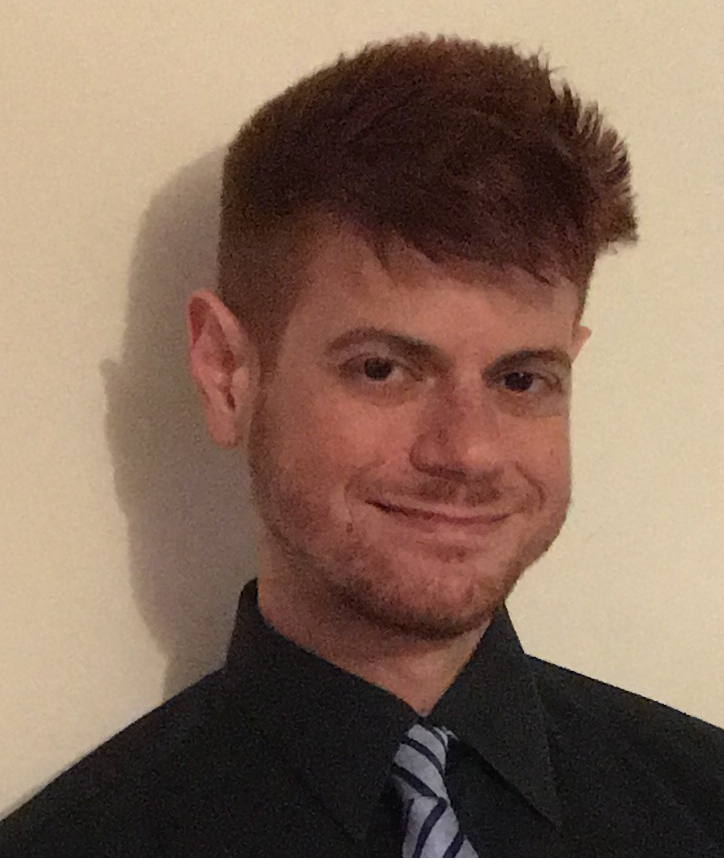Jordan Litman

Visiting Research Scientist
Jordan Litman, Ph.D., is. visiting research scientist at IHMC. He is a research consultant to IHMC Senior Scientist Robert Hoffman on developing new methods of empirically investigating the interface between state and trait epistemic curiosity, critical thinking, and reasoning about the causes of complex “real world” problems. He also is an associate professor of psychology as part-time faculty at the University of Maine at Machias.
He earned a bachelor’s degree in psychology from Arcadia University and both his master’s and doctorate in experimental psychology from the University of South Florida. His major domains of expertise are psychometrics, the development and validation of psychological tests and measures, quasi-experimental design, and the use of multivariate statistical methods, such as exploratory and confirmatory factor analysis and path analysis.
Jordan’s research focuses on the nature, dimensionality, and measurement of different aspects of trait-curiosity, and their role in the activation of emotional-motivational curiosity states and subsequent knowledge-seeking and problem-solving behaviors. He is the recipient of the Reimagine Education 2016 Gold Award for his work on Cultivating Curiosity.
Jordan’s research examines the complex relationships between individual differences in the experience and expression of trait- curiosity, setting self-directed and self-regulated learning goals, and attaining varying levels of achievement in academic and workplace settings. He is also interested in how metacognitive judgments about the contents of memory (i.e., what an individual thinks s/he knows or doesn’t know) influence the arousal and experiential intensity of curiosity states.
Representative Publications
Litman, J. A., Robinson, O. C., & Demetre, J. (2017). Intrapersonal curiosity: Inquisitiveness about the inner-self. Self and Identity, 16, 231-250.
Robinson, O. C., Demetre, J., & Litman, J. A. (2016). Adult life stage and crisis as predictors of curiosity and authenticity: Testing inferences from Erikson’s lifespan theory. International Journal of Behavioral Development, 40, DOI: 10.1177/0165025416645201
Lauriola, M., Litman, J. A., Mussel, P., De Santis, R., Crowson, H.M., & Hoffman, R.R. (2015). Epistemic curiosity and self-regulation. Personality and Individual Differences, 83, 202-207.
Piotrowski, J.T., Litman, J.A., & Valkenburg, P. (2014). Measuring epistemic curiosity in young children. Infant and Child Development. 23, 542-533.
Litman, J.A. & Mussel, P. (2013). Development and validation of German translations of interest- and deprivation-type epistemic curiosity scales. Journal of Individual Differences, 34, 59-68.
Litman, J.A. (2010). Relationships between measures of I- and D-type curiosity, ambiguity tolerance, and need for closure: An initial test of the wanting-liking model of information- seeking. Personality and Individual Differences, 48, 397-402.
Litman, J.A. (2008). Interest and deprivation dimensions of epistemic curiosity. Personality and Individual Differences, 44, 1585–1595.
Litman, J.A. & Silvia, P. J. (2006). The latent structure of trait curiosity: Evidence for interest and deprivation curiosity dimensions. Journal of Personality Assessment, 86, 318-328.
Litman, J.A. (2005). Curiosity and the pleasures of learning: Wanting and liking new information. Cognition and Emotion, 19, 793-814
Litman, J.A., Hutchins, T.L., & Russon, R.K. (2005). Epistemic curiosity, feeling-of-knowing, and exploratory behaviour. Cognition and Emotion, 19, 559-582

